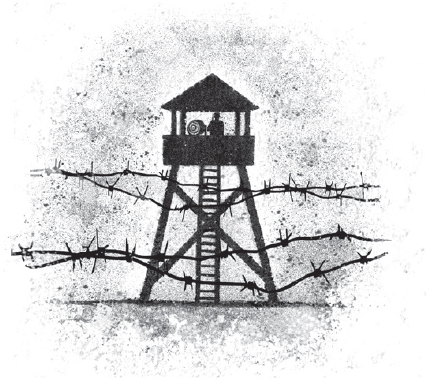
Chapter Ten
After the War
Bill Ash looked out the window of the plane and saw an airfield closing in below. It seems odd to be a passenger and not the guy flying this bird, he thought. The British plane he was in had taken off from Germany, which had surrendered just a few days earlier. It was May 1945, and the war in Europe was over. After more than one thousand days in POW camps, countless weeks in the cooler, and thirteen escape attempts, Ash was finally on his way home.
But after all these years away, where was home? Would he go back to Texas? Canada? Or settle in England? Ash decided to stay in England. He had made friends with many pilots in the RAF, and some were lucky enough, like him, to have survived the war. One of them was his first escape partner, Paddy Barthropp.

When he arrived in London, Ash was able to track down his old friend. They met to discuss their futures.
“I’m going to stick with the RAF,” Barthropp said. “I’ve had enough of combat, thank you, but they can always use good pilots to test new planes. What about you, Bill?”
Ash had been thinking about his future ever since the war ended.
“I think I’m going to go back to school,” he said. “And I’d like to become a British citizen—if your country will take me.”
Barthropp smiled. “After all you did to help us, I don’t think that will be a problem.”
Barthropp was right. The British government soon granted Ash citizenship. And he studied at Oxford University, focusing on politics and economics. He went on to become a writer, working as a journalist for a time and writing novels and plays for the radio. He also became active in politics, working for parties that tried to help the poor and average workers. Bill Ash died in 2014 at the age of ninety-six. He had lived a long and productive life. Newspapers in England and the United States reported on his death.
And they all described his adventures as one of the great escape artists of World War II.